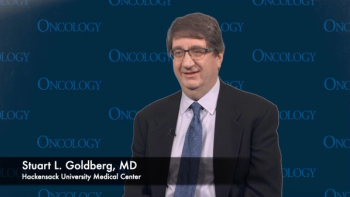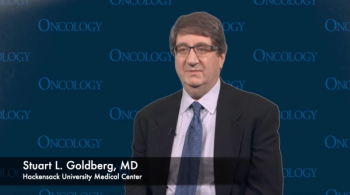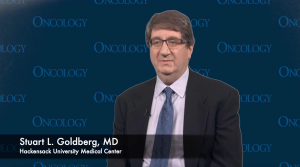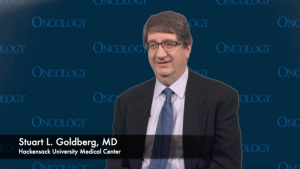
The expert from Hackensack University Medical Center explained how the complexity of cancer makes it important for physicians to spend time communicating with their patients what their diagnosis entails.

Your AI-Trained Oncology Knowledge Connection!


The expert from Hackensack University Medical Center explained how the complexity of cancer makes it important for physicians to spend time communicating with their patients what their diagnosis entails.

The expert spoke about the importance of coordination to make sure every person involved with a patient’s care is in agreement as to how to treat the patient most effectively.

Blood and marrow transplantation, a curative treatment for avariety of serious diseases, induces a period of sustained immunosuppressionpredisposing recipients to opportunistic infections. Both forthe protection of the individual transplant recipient and as a matter ofpublic health policy, the US Centers for Disease Control and Prevention(CDC) has developed guidelines for the use of vaccination in theprevention of infectious disease following transplantation. This reviewexamines the primary clinical research supporting vaccinationpolicies in this target population. Widely accepted recommendationsfor transplant recipients based on scientific data are sparse, as fewlarge studies have been conducted in this population. Anecdotalreports, expert advice, summaries, and limited series involving lessthan 50 patients using surrogate end points form the basis of thescientific literature, with the result being a wide variation in practice.Although based largely on inadequate scientific data, the CDC recommendationsoffer a pragmatic approach to the prevention of opportunisticdisease in hematopoietic transplant recipients and serve as auseful starting point for standardization of practice while defining thedirection of future studies in transplant recipients and other immunocompromisedhosts.

Published: April 1st 2003 | Updated:

Published: January 29th 2020 | Updated:

Published: January 30th 2020 | Updated: